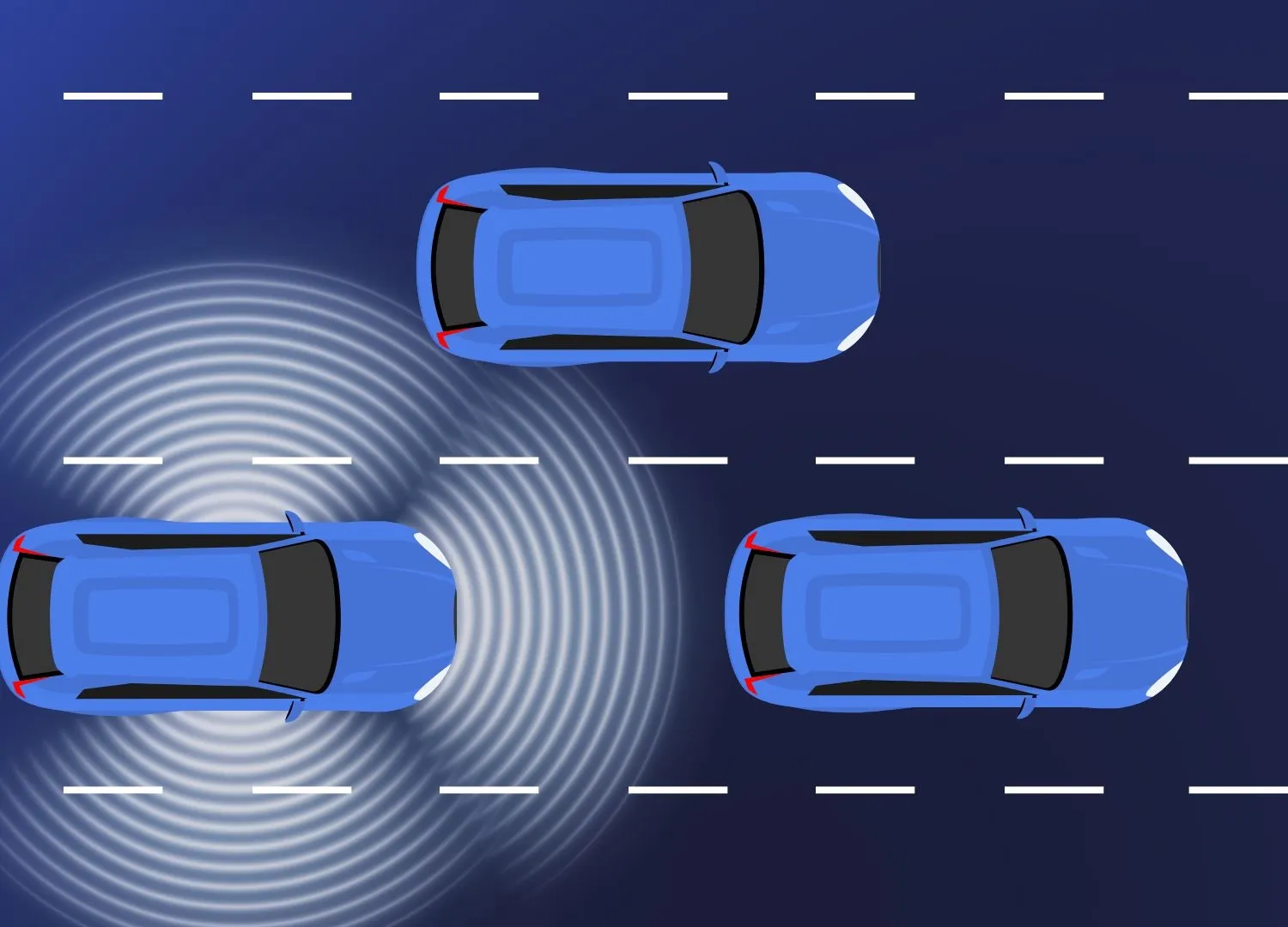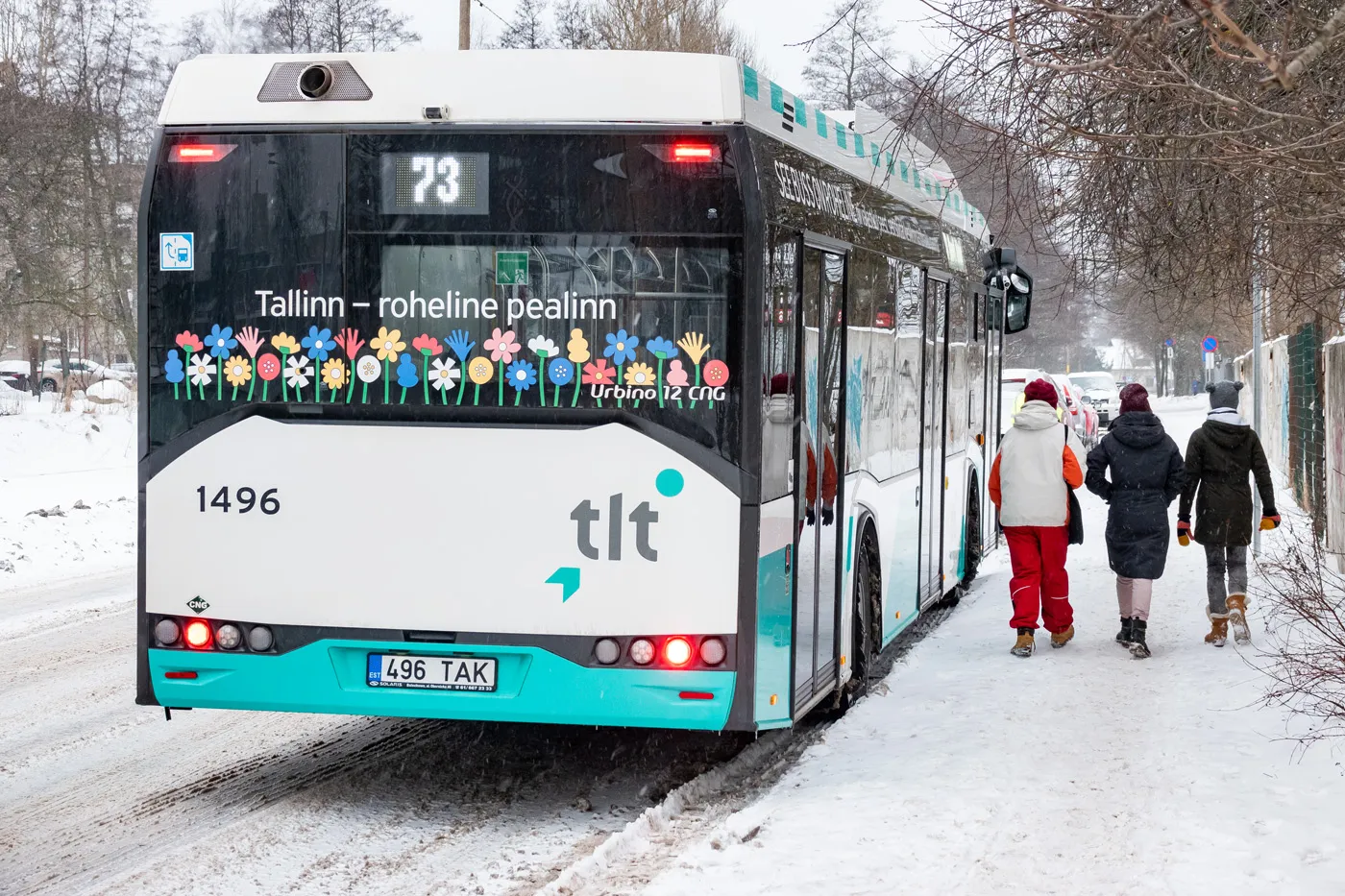
PTV Group has unveiled a new edition of its traffic simulation software aimed at the automotive sector.
PTV Vissim Automotive is designed to create a responsive digital testing environment for all vehicle types, allowing test drives for concepts which are not ready for the roads, for example.
"In today's automotive landscape, simulation is an indispensable tool for developing safe, efficient and future-proof vehicles," said Christian U. Haas, CEO of PTV Group, part of Umovity. "PTV Vissim Automotive is specifically designed to address the industry's evolving needs, from optimising alternative powertrain performance to rigorously testing the safety of automated driving functionalities."
For automotive OEMs, vehicle simulation has become a key part of the product development process.
"Simulations allow for a variety and volume of tests that would be virtually impossible in the real world," PTV says in a statement. "They reduce time and costs, enhance vehicle safety and minimise environmental impact."
PTV Vissim has been used in the past to integrate realistic traffic scenarios into the virtual test environment, such as optimising the range of electric vehicles or validating automated driving functions such as the Highway Assistant.
The new software provides a closed-loop test environment with realistic, reactive and behaviour-model-based surrounding traffic, with scenarios based on interactions between road users (cars, cyclists, pedestrians, public transport, etc.) and the traffic network.
This means an infinite number of variants can be simulated, including urban rush hour - with frequent acceleration and braking - or the ways in which highway drivers negotiate on- and off-ramps, for example.
A new traffic generation wizard can transform an empty network into an environment with heavy traffic and complex route decisions, with adjustments for different driving styles.
"In aggressive traffic scenarios, for example, there are closer cut-in manoeuvres, posing a challenge for the vehicle under test and its automated driving functions," the company explains.
Vissim Automotive reflects human behaviour in road traffic, "with a newly-developed behaviour model for automated vehicles with specific behaviours for longitudinal and lateral guidance".
The product can interface with industry solutions such as IPG CarMaker, dSpace ASM, Hexagon Virtual Test Drive or MathWorks Simulink, enabling comprehensive co-simulations. The software supports OpenDrive network imports up to the latest version 1.8.








